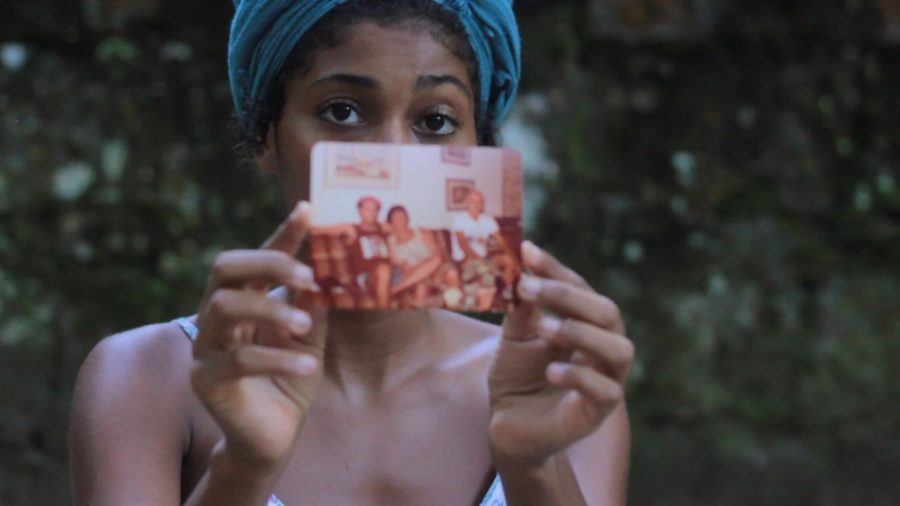Afro-Brazilian film to take center stage in ‘Frequências,’ 2023 Obermann Humanities Symposium
Events from the symposium can be found at FilmScene, the Stanley Museum of Art, and Becker Communication Studies Building from March 30-April 1.
March 28, 2023
“Expect the unexpected” is what professor Cris Lira of the University of Georgia said about the Obermann Humanities Symposium, “Frequências: Contemporary Afro-Brazilian Cinema & the Black Diaspora,” which will run from March 30 through April 1.
The symposium will feature Afro-Brazilian filmmakers, translators, and film scholars through a series of film screenings, artist talks, and interventions. Events will take place at FilmScene at the Chauncey, the Stanley Museum of Art, and the Becker Communication Studies Building. Some exhibits will remain on display at Stanley until August.
“Frequências” was first proposed in 2019 by Christopher Harris, a professor of cinematic arts at the University of Iowa, after he attended a film festival in Brazil with Janaína Oliveira from the Federal Instituto of Rio de Janeiro. From there, the idea sparked, and he, Oliveira, and Lira worked together to make the symposium happen.
Harris said the symposium is an exciting opportunity. He shared that the film festival he attended in Brazil was an eye-opening experience. He returned to Brazil a year later, still fascinated by the experimental cinema he saw.
“There are a lot of parallels between Brazil and the United States,” Harris said. “That’s when I really started thinking about, well, I want to have that dialogue here at the University of Iowa through cinema.”
Harris started to work out the details of the event and began preparations. With help from Oliveira and Lira, who worked at the UI at the time, the three began connecting with Brazilian filmmakers. While the Obermann Humanities Symposium has not happened since 2019 because of the COVID-19 pandemic, it will return this year.
“These people that are coming are very exciting thinkers to me,” Harris said. “They’re some of the most exciting people that I know.”
The event will feature a variety of filmmakers and talks in different styles on different subjects. Harris shared that if he was not a co-director of the event, this would be the exact type of symposium that he would want to attend due to its unpredictable nature and the new and exciting Afro-Brazilian cinema that will be discussed.
“There’ll be lots of things that I can’t even predict will come out of this, the connections and new ideas that will come out of this,” Harris said. “It’s designed in order to provoke that kind of reaction, the unpredictable ‘What kind of new ideas will be sparked?’”
The symposium aims to generate conversations about film and culture, Lira said, and it will do so through a style of conversation called interventions — talks given by scholars in non-traditional ways, such as through performance.
“It is not a symposium in this traditional sense,” Lira said. “If I had to say something to the audience, I would just say, ‘Come prepared to experience a different kind of symposium.’”
Lira shared that many of the conversations brought up during the symposium can be enlightening, but they can also be difficult and uncomfortable.
“When we think about issues related to racism and structural racism and things like that, it entails hard conversations, and sometimes people tend to avoid topics like that,” Lira said.
The symposium uses art to bring up these conversations in a more comfortable way and make them active parts of the conversation. For these conversations, Lira encourages being a sympathetic listener by removing oneself from the center and trying to understand and ask questions.
“We want to invite these conversations,” Lira said. “It’s an opportunity for learning, for expanding horizons, for making connections.”



